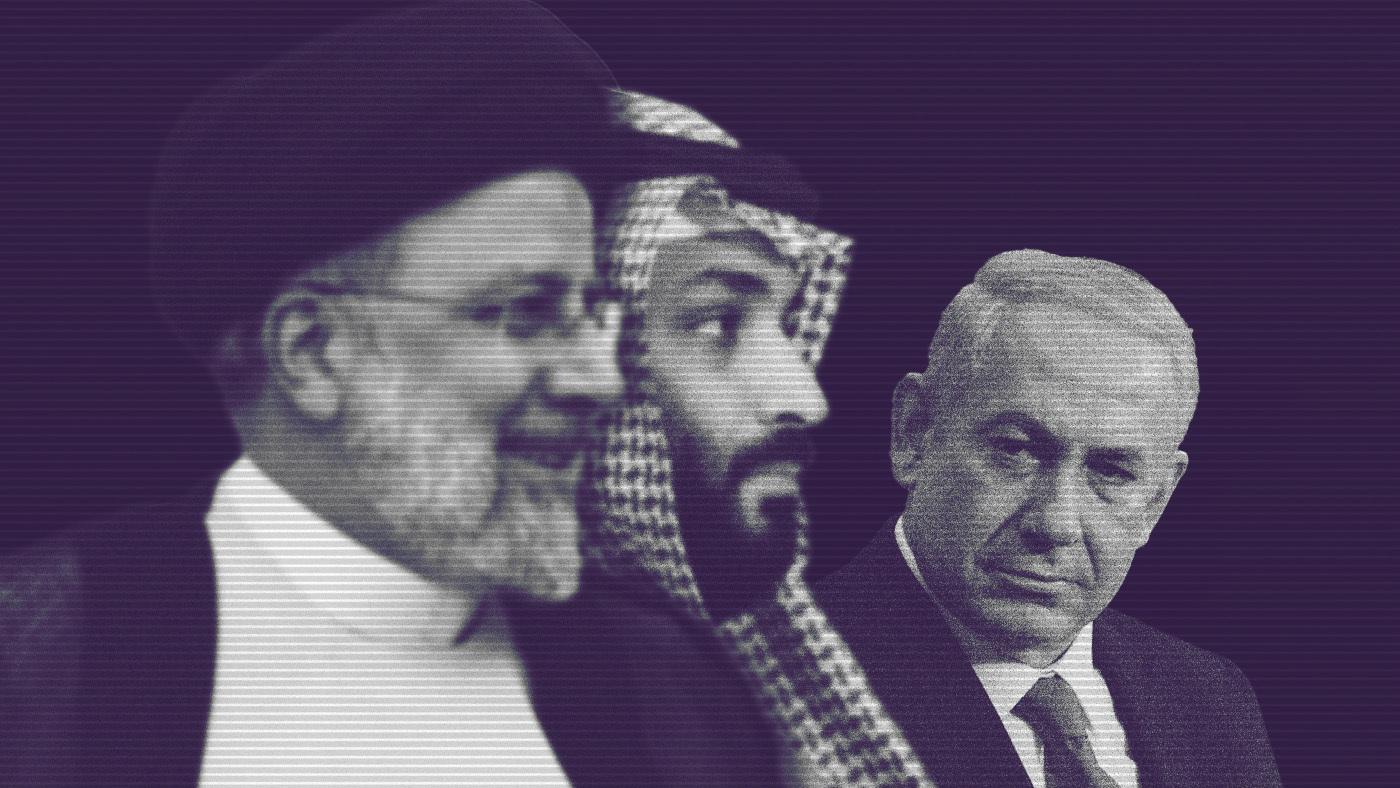Israel has historically relied on hegemony, superiority, and arrogance to guide its regional strategy. In addition to advocating the idea of defending Arab governments with Israeli intelligence technologies and tactics for economic peace, leaders Shimon Peres and Benjamin Netanyahu frequently reaffirmed the idea of an alliance based on “Israeli brains and Arab money.”
The goal was always to normalize the situation and increase Israel’s regional clout while also hastening the demise of the Palestinian cause. Iran offered Israel the chance to form a strategic alliance with Arab nations as well as an economic-security alliance in order to fight their “common adversary.” In order to attack Iran and topple the government, Israel has pursued a multilateral strategy that entails a regional alliance overseen by the US.
Israel has tried unsuccessfully to woo an Arab ally that would wage war on Iran as the Arab Gulf alliance in the Yemen war has broken down. Israel has been open about its desire for Saudi Crown Prince Mohammed bin Salman to succeed his ailing father King Salman, whom Israel views as a potential friend. However despite Israel’s requests, other Gulf governments.
With the start of the Russia-Ukraine conflict and the effects it has had on the world economy, Gulf nations, particularly those that are significant oil exporters, have chosen not to support the American position and have declined to join sanctions against Russia. Instead, they have increased their vast trade and economic ties with China while tightening their cooperation with Russia to keep oil prices stable. No matter how hard Israel tries, it cannot defeat these higher, important interests.
The agreement between Iran and Saudi Arabia to normalize relations under the aegis of the Chinese government will cost Israel strategically and have implications on both a regional and global scale. It restricts Israel’s regional sway and dispels the idea of an alliance between Israel and the Arab world against Iran.
Moreover, disruptions to oil, gas and grain exports resulting from the Ukraine war would hamstring Europe from carrying out any military actions that could exacerbate the energy crisis. It was thus not surprising that the European Union quickly welcomed the Saudi-Iran deal, viewing it as vital to regional stability and conflict resolution.
At the same time, the Saudi-Iran deal could put an end to Israel’s nuclear monopoly, opening the door for other countries in the region to acquire nuclear capabilities. According to American media, Saudi Arabia is seeking Washington’s approval to develop a civilian nuclear programme as part of its price for potentially normalising relations with Israel. Other countries in the Levant and North Africa, such as Egypt, may look to do the same.
This would degrade the effectiveness of Israel’s most important deterrent force in the long term, threatening its regional influence and potentially limiting the overall effectiveness of the Abraham Accords.





